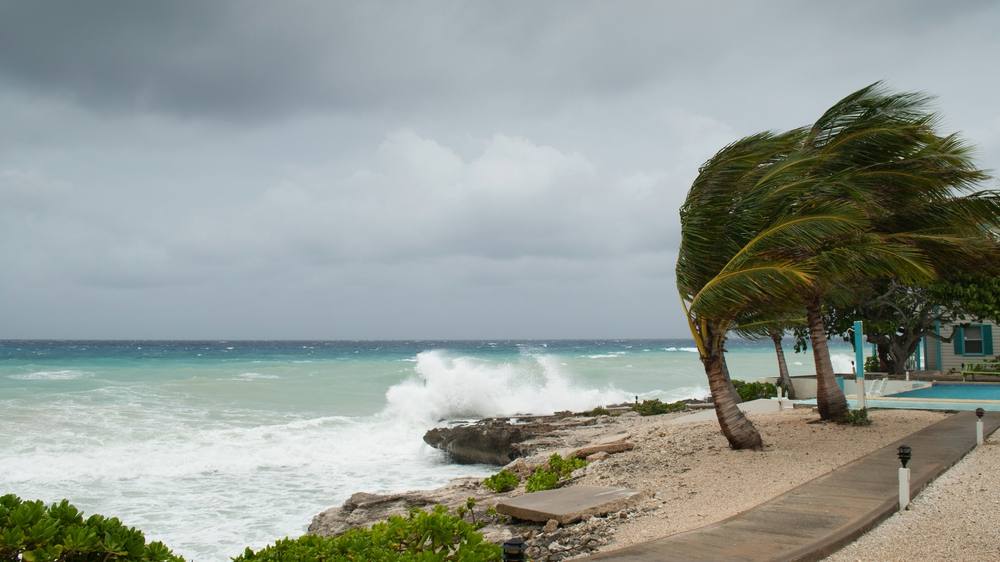 The Atlantic hurricane season runs from June 1 to Nov. 30. In this second part of a four-part series, review some medical safety steps to consider when you're in a hurricane.
The Atlantic hurricane season runs from June 1 to Nov. 30. In this second part of a four-part series, review some medical safety steps to consider when you're in a hurricane.
Preparation is critical in weathering a hurricane. But, while planning is important, Dr. Michael Boniface, an emergency medicine physician at Mayo Clinic, offers several reminders to help ensure your safety and well-being during the most active weather.
First, Dr. Boniface advises against exploring or beginning any cleanup. “Many people want to go outside and explore, whether at the beach or around their home. My recommendation is to stay inside until you know it’s safe. If you have to be outdoors, avoid any floodwaters.”
Second, Dr. Boniface says mind dangers when the power goes out, including carbon monoxide poisoning, which can come from generators or grills.
Carbon monoxide is a colorless, odorless gas produced from the combustion of any material, including wood, charcoal and gasoline. Risks for exposure increase during severe weather, says Dr. Boniface.
Watch: Dr. Boniface discusses safety tips you should remember during the storm.
Journalists: Broadcast-quality sound bites with Dr. Boniface are in the downloads.
“In the U.S., carbon monoxide is still a prevalent disease with the majority of exposure happening from portable generators,” he says. “But charcoal grills, propane grills and combustible furnaces also pose a risk.”
Symptoms of carbon monoxide poisoning include a vague array of common ailments, such as headache, nausea, fatigue and confusion.
Dr. Boniface advises that grills and generators should only be used outdoors, in a well-ventilated area, and never on a covered patio or porch, or in a garage. He recommends checking the batteries in carbon monoxide detectors prior to a storm, and, if anyone exhibits signs of concern, seek medical attention immediately.
He adds that during a storm, call 911 for emergencies only, but says, “if you have severe or life-threatening symptoms, like chest pain, stroke symptoms, abdominal pain or passing out, call 911 right away.”







